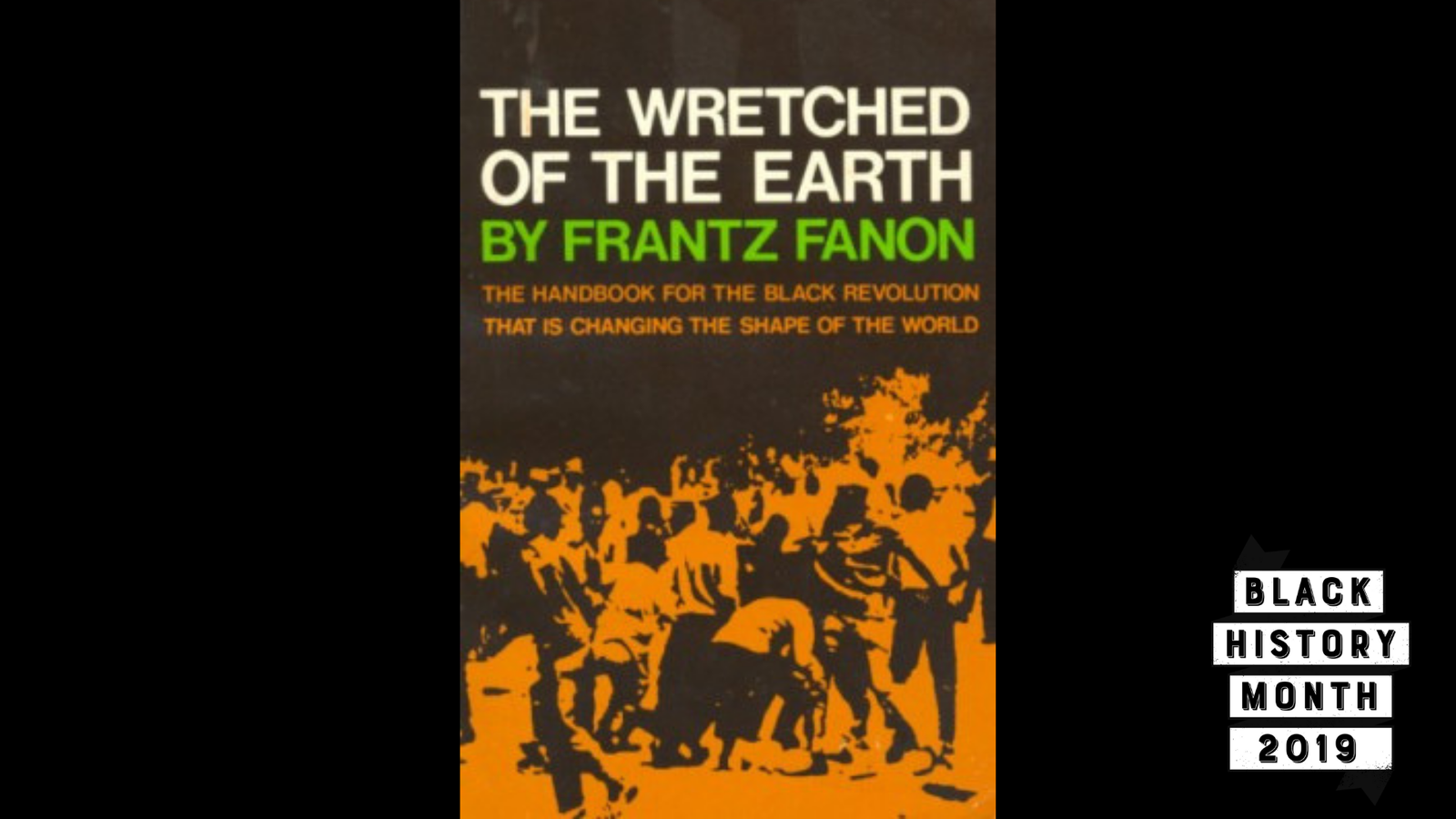

It deals with what he called the mutations in culture as people become mobilised in an anti-colonial war. It remains a canonical text in critical race studies and a book that continues to inspire people around the world.įanon’s second book, A Dying Colonialism, was published in 1959.

From this first book Fanon’s politics were rooted in a radical humanism, with a commitment, in his words, to ‘recognise the open door of every consciousness’. It remains an arrestingly original work in which a poetic form of expression and philosophical and literary erudition are woven into a profound and moving examination of the lived experience of racism. He had specialised in psychiatry and had taken a post in a psychiatric hospital in colonial Algeria.įanon’s first book, Black Skin, White Masks, was written when he was a student in France and published in 1952. He had joined the Free French Forces fighting the Nazis as a teenager and, as a result, had been able to study medicine in France after the war. The disease had recently blinded him for some weeks but he managed to complete the book in ten weeks in a race against death.įanon, who was from Martinique in the Caribbean, had ended up Tunisia after he joined the Algerian national liberation movement in 1954.


He was 36 years old and dying of leukaemia. The French-language title derives from the opening lyrics of "The Internationale".In 1961 Frantz Fanon dictated most of his last book, Les Damnés de la Terre, translated as The Wretched of the Earth, from a mattress on the floor of a flat in Tunis. The Wretched of the Earth (French: Les Damnés de la Terre) is a 1961 book by the psychiatrist Frantz Fanon, in which the author provides a psychiatric and psychologic analysis of the dehumanizing effects of colonization upon the individual and the nation, and discusses the broader social, cultural, and political implications inherent to establishing a social movement for the decolonization of a person and of a people.


 0 kommentar(er)
0 kommentar(er)
